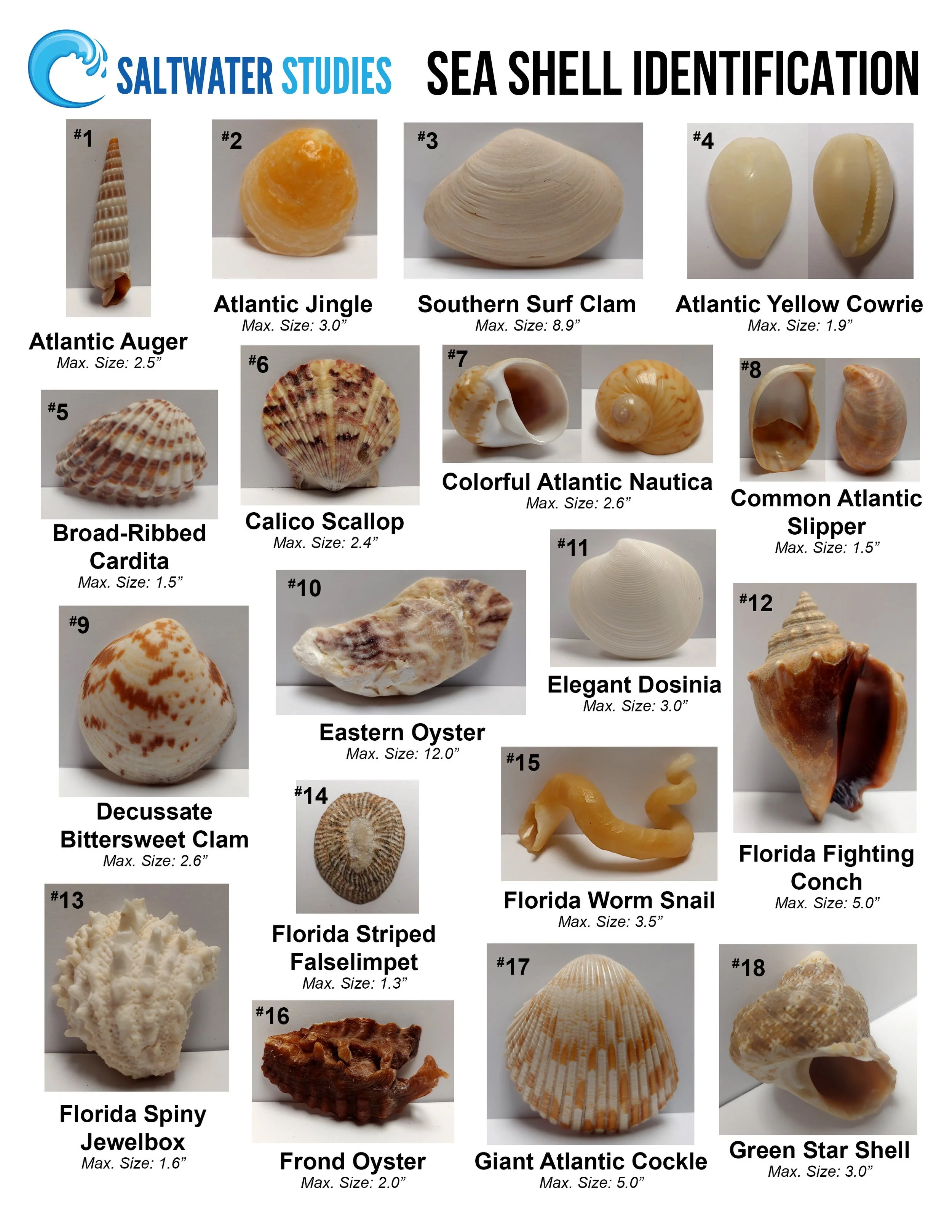The works of the Lord are great, studied by all who have pleasure in them. Psalm 111:2
To complete your homework, read the scriptures and assigned online articles and answer the associated questions.
Instructions
Before you begin reading your Bible and answering these questions, ask the Lord to give you insight and understanding into the Scriptures. It is the role of the Holy Spirit to reveal the truth to people (John 16:13; 1 Corinthians 2:10). By His power you will be able to understand what the Scriptures say. Now read the assigned passages of scripture and answer the following questions. Please note that it is recommended that you use either a NKJV or NIV version of the Bible to answer the questions. If you do not have a Bible, links to each Scripture passage are provided for you.
Scripture Passage: 2 Timothy 3:16-17
Based on this passage, how would you define Scripture? What is it?
What are the benefits of Scripture?
The truths described in these verses are applicable to what portions of the Bible?
Scripture Passage: John 14:6
Look up the word “truth” in the dictionary and write the definition.
What is the difference between these two statements: “I am the Truth” or “I tell the truth”? Which does Jesus claim?
What does it mean for Jesus Christ to claim that He is the Truth?
Scripture Passage: Numbers 23:19
What does this passage reveal about the character of God?
Read John 8:44. Who is the father of lies?
When you choose not to believe the Bible, what are you saying about the character of God?
Based on the truths described in the verses in this section, are we to consider scientific information included in the Bible as truth or as subjective concepts requiring external validation?
Scripture Passage: Malachi 3:6; Hebrews 13:8 & James 1:17
What do these verses say about the character of God?
What comfort can you find in the truth of these verses?
Compare the truth of these verses with the following statement taken from a secular marine biology high school textbook: “Science constantly modifies and discards theories and hypotheses based on new information and findings. By constantly proposing, questioning and testing theories and hypotheses, science progresses.” Life on an Ocean Planet, 2006, Published by Current Publishing Corp, Margarite, Ca. pg. 11-2. According to the verses that you have read in this section and this statement, which is more reliable: Scripture or scientific findings?
Scripture Passage: Psalm 121:1-8
Write out this passage of scripture on a blank sheet of paper.
In this passage of Scripture, there are seven (7) definitive statements about how God will help you. Review the passage of Scripture that you wrote out and underline each of these statements.
What does it mean to you that God is your help? How does it change your attitude, behavior and decision-making process?
How can we see these characteristics of God in His Creation?
Instructions
Read the following online article and write down any key points of the article that you would like to discuss in our next class.
WHAT TO BELIEVE ABOUT SCIENCE AND RELIGION?
After reading the article, answer the following questions. Be sure to write your answers down on a piece of paper and bring them to class.
Questions:
Do science and religion oppose each other? Why or why not?
Why do you think some people try to eliminate God from science?
Why is it important to include Jesus Christ in our scientific discussions?
Instructions: Vocabulary
The following words are mentioned in your assigned reading. Research the definitions for each of the words and write down their meaning to ensure that you understand the information included in your assigned reading.
Adductor Muscle
Axial
Bivalve
Cerata
Chitin
Ctenida
Demibranch
Detritivore
Extant
Ganglion
Gastropod
Glochidium
Heterochrony
Integument
Labial Palps
Mantle
Mantle Cavity
Nephridia
Operculum
Proboscis
Radula
Rensilium
Rhinophore
Sclerochronology
Septa
Septum
Siphon
Tensilium
Torsion
Trochophore
Veliger Larva
Viscera
Umbo
Instructions
Go to each of the assigned web sites to read and take notes on the appropriate article. Links are provided below. For each of the assigned articles, your notes should include the following points:
Provide a summary of the key points of the article. If you had to give a presentation on the article, what information would you include in your notes?
List concepts or information that you found most interesting about the topic.
List any information that was presented from an evolutionary standpoint. Note any portion of the information that is truth.
List any words or information that you do not understand. Research these words and or concepts on your own.
We will review this information in our class lecture and discussion.
1 | Animal Diversity Web
Article #1: Gastropoda
Article #2: Bivalvia
2 | Digital Atlas of Ancient Life
Article: Class Gastropoda
3 | Saltwater Studies
Article: Sea Slugs
4 | ThoughtCo
Article: Nudibranchs: Species, Behavior and Diet
5 | National Marine Sanctuary Foundation
Article: Sea Wonder - Sea Hare
6 | Answers in Genesis
Article: The Golden Ratio: Curious Connections in Creation
Instructions
Go to each of the assigned web sites to watch the video provided. Take notes on the key points of each video. Document the highlighted features or behaviors of the animal species as applicable.
Killer Cone Snails | National Geographic (Time: 2:38)
Trochus snail feeding | Digital Atlas of Ancient Life (Time: 0:38)
Watch These Cunning Snails Stab and Swallow Fish Whole | Deep Look (Time: 4:48)
Elysia chlorotica - Photosynthetic Sea Slug (Time 1:07)
This Adorable Sea Slug is a Sneaky Little Thief | Deep Look (Time 4:10)
Amazing Sting Defense | World's Weirdest (Time 1:56)
Sea Hare Bioweapons - A Colorfully Sticky Defense | Animal Wire (Time 1:32)
How Clams Filter Feed | Whitney Laboratory for Marine Bioscience (Time: 1:13)
Giant Clams | Jonathan Bird's Blue World (Time: 6:46)
Here are numerous species of gastropods and bivalves that can be seen locally in South Florida. Here are a few of the shells commonly spotted on our local beaches.
Now it is time to apply what you've learned! In Romans 1:20, the Bible says that we can learn about God’s character by looking at what He made. Consider both the biblical and biological information that was discussed in this lesson and then write out your answers to the following questions.
This week we read Scriptures describing God as our help. How can you see this character of God in the gastropods and bivalves that He created?
Take a few moments to consider all of the different types of mollusks that God made. Think about one aspect of these animals that you enjoy. Tell God about it by writing it out on paper. Then write out a prayer of thanksgiving to the Lord praising Him for His Creation.









